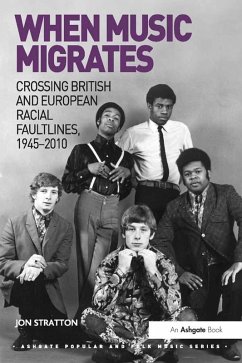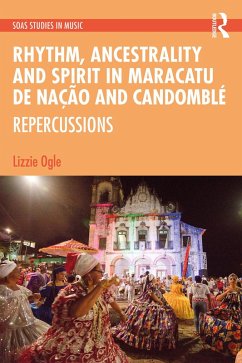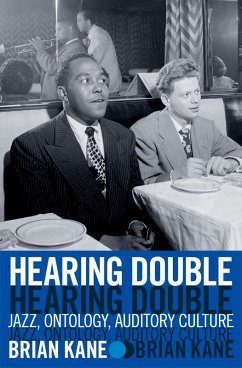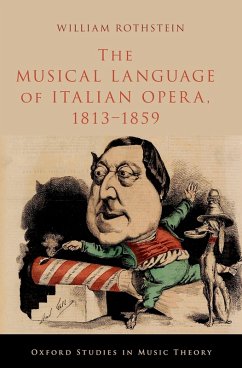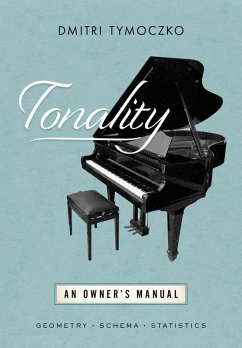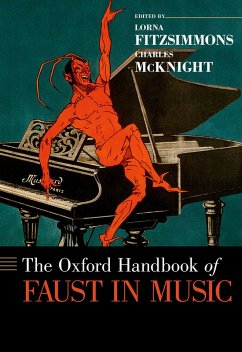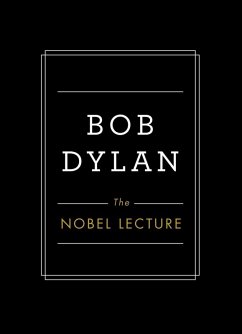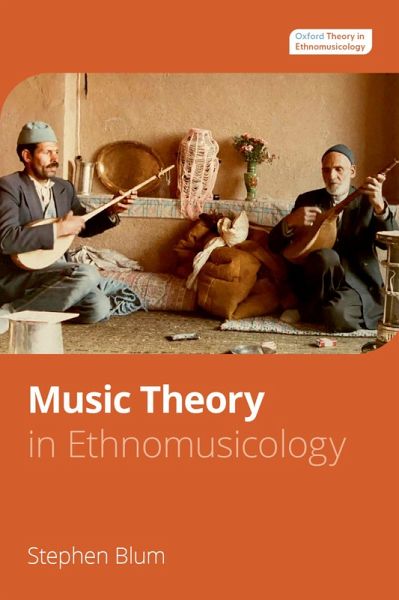
Music Theory in Ethnomusicology (eBook, ePUB)
Versandkostenfrei!
Sofort per Download lieferbar
12,95 €
inkl. MwSt.
Weitere Ausgaben:

PAYBACK Punkte
6 °P sammeln!
During the 1960s and 70s some ethnomusicologists formed relationships with music-makers and ritual specialists in an attempt to interpret how they understood their musical actions. Subsequently ethnomusicologists have studied the respects in which explicit and implicit theory is involved in communication of musical knowledge. They have observed the production of music theory in institutions of modern nation-states and have sought out groups and individuals whose theorizing is not constrained by existing institutions. They are assessing the extent to which musical terminologies of diverse langu...
During the 1960s and 70s some ethnomusicologists formed relationships with music-makers and ritual specialists in an attempt to interpret how they understood their musical actions. Subsequently ethnomusicologists have studied the respects in which explicit and implicit theory is involved in communication of musical knowledge. They have observed the production of music theory in institutions of modern nation-states and have sought out groups and individuals whose theorizing is not constrained by existing institutions. They are assessing the extent to which musical terminologies of diverse languages can be interpreted in relation to general concepts without imposing the assumptions and biases of one body of existing theory. That exercise is increasingly recognized as a necessary effort of decolonization. A thorough yet concise introduction to this field, Music Theory in Ethnomusicology outlines a conception of music theory suited to cross-cultural research on musical practices.
Dieser Download kann aus rechtlichen Gründen nur mit Rechnungsadresse in A, B, BG, CY, CZ, D, DK, EW, E, FIN, F, GR, HR, H, IRL, I, LT, L, LR, M, NL, PL, P, R, S, SLO, SK ausgeliefert werden.




